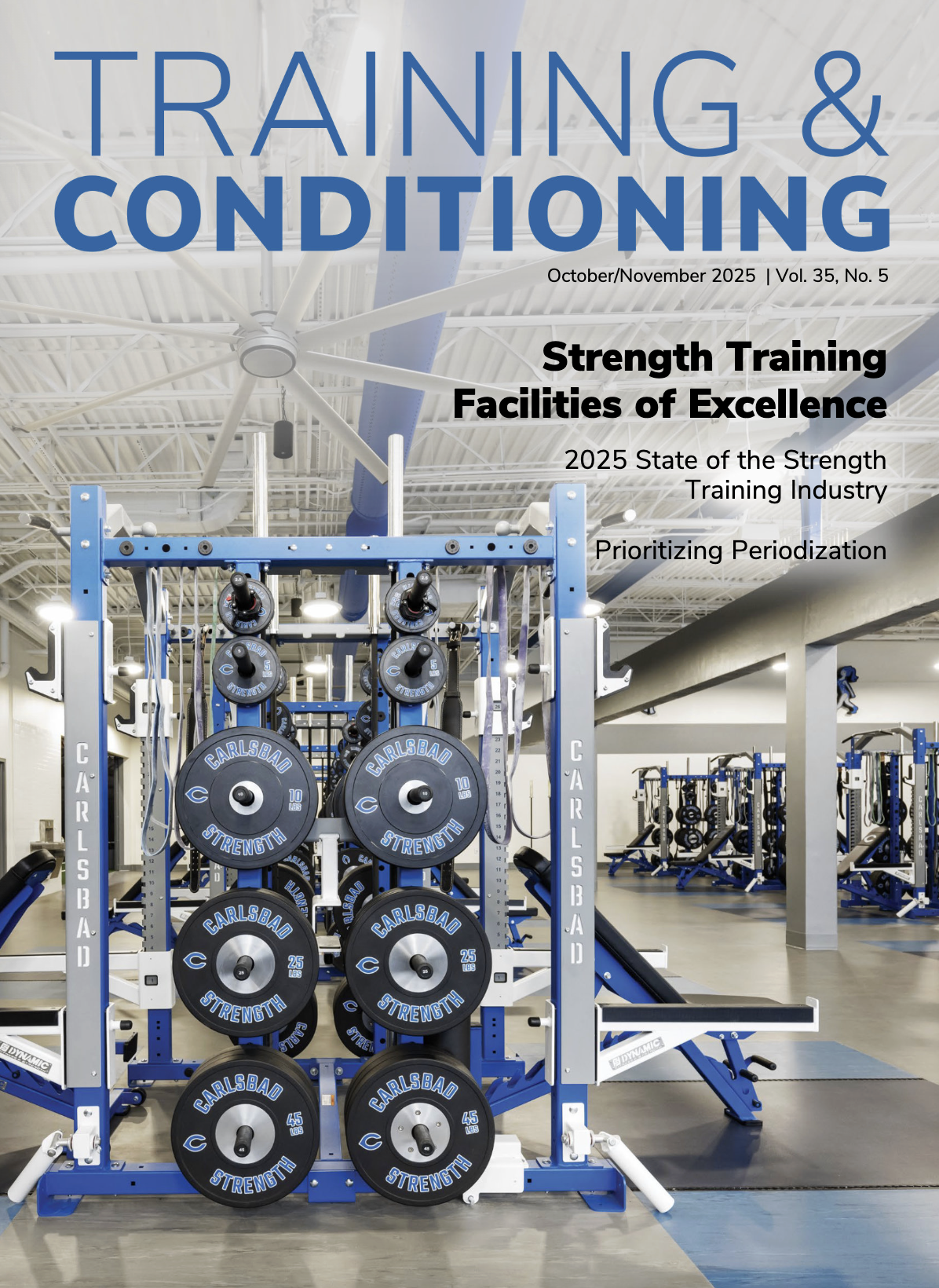Apr 2, 2024French Olympians track menstrual cycles to boost performance
For the last year, French swimmer Caroline Jouisse has been tracking her menstrual cycles and sharing the data with her coaches ahead of the 2024 Paris Olympics.
Tracking that information, she said, allows her and her team to plan for the best time to plan her training sessions. Specifically, Jouisse does weight training during the middle and end of her menstrual cycle—when testosterone levels are at their highest.
And she isn’t the only Olympic athlete using technology to fine-tune her training ahead of the summer games.
 A recent story from RFI.fr detailed how women Olympic athletes are tracking their menstrual cycles for improved performance. Below is an excerpt from the RFI.fr story.
A recent story from RFI.fr detailed how women Olympic athletes are tracking their menstrual cycles for improved performance. Below is an excerpt from the RFI.fr story.
“It’s important to know when my testosterone peaks are because that is when you feel your best and will be at your strongest in training,” said the 29-year-old, who will compete in the 10-kilometer open water event at the Paris Games.
Research in sport focuses overwhelmingly on male athletes, and the effect menstrual cycles have on athletic performance remains under-studied.
Hoping to address this gap, France’s National Institute of Sport (INSEP) launched a program called Empow’her in 2020 to track and learn from the menstrual cycles of athletes.
“There is no need to be embarrassed about your cycle—it is part of the performance, just like nutrition or training,” said INSEP gynecologist Carole Maitre.
French cross-country skier Juliette Ducordeau said the Empow’her program helped her understand her body better, as well as identify “quite impressive trends” in her performance.
Since launching in 2020, 130 French sportswomen have participated in Empow’her, which hopes to help fill in significant gaps in scientific research about the female body.
The head of the program, Juliana Antero, said that just nine percent of sports science studies published in the last five years were about women — compared to 71 percent for men.
“There are very few high-quality studies, so for the moment there is no consensus on the impact menstrual cycles have on sports performance,” Antero said.
While the symptoms—such as headaches and pain —were relatively similar, how intense they were and how long they lasted can vary significantly between different athletes, she said.
A 2021 UK study conducted on elite female footballers found that around 90 percent suffered from fatigue and loss of power during menstruation.
» ALSO SEE: UT study suggests activity lengthens REM latency
Two-thirds said their confidence and focus were affected, while 13 percent missed training or matches, according to the study led by researchers at Queen Mary University of London.
Period tracking hit the headlines in 2019 when the United States women’s football team credited it with helping players train for their victorious World Cup campaign.
To read the full story from RFI.fr, click here.


